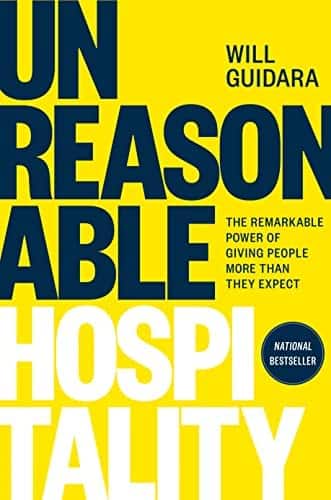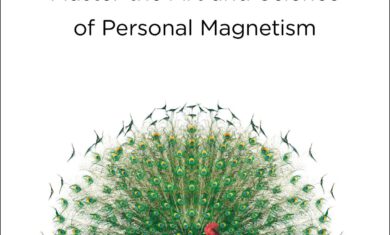It’s easy to make assumptions about other people. If someone is short with you, they might be a jerk. Or maybe they just lost their job, or lost a friend. It’s hard to know for sure, but if your initial thought is always that they must just be a jerk, that’s generally a bad outlook on life.
This also pulls in a bit of the idea of sonder, the realization that everyone around you has an internal life as rich and conflicted as yours. They’re not just “that rude woman at Publix” or “the idiot in the Honda”, but people with full and rich lives, and circumstances that we don’t fully understand. They may well be rude idiots, but that’s a rough assumption to begin with.
In his excellent book “Unreasonable Hospitality“, author Will Guidara put it this way:
My favorite was “Make the charitable assumption,” a reminder to assume the best of people, even when (or perhaps especially when) they weren’t behaving particularly well. So, instead of immediately expressing disappointment with an employee who has shown up late and launching into a lecture on how they’ve let down the team, ask first, “You’re late; is everything okay?”
Maybe you’ll find out they have a flimsy excuse, but taking the high road and assuming the best in others will almost always work out to be better for everyone.





The charitable assumption is also mentioned in The Culture Code. Its one of the heuristics used by Danny Meyer (founder of Shake Shack and other restaurants) to build a trusting and cohesive culture.
I’ve not read that one yet, but it makes sense. This book (“Unreasonably Hospitality”) included a lot of Meyer in it, as they were part of the same overall group. It’s a great way to live.